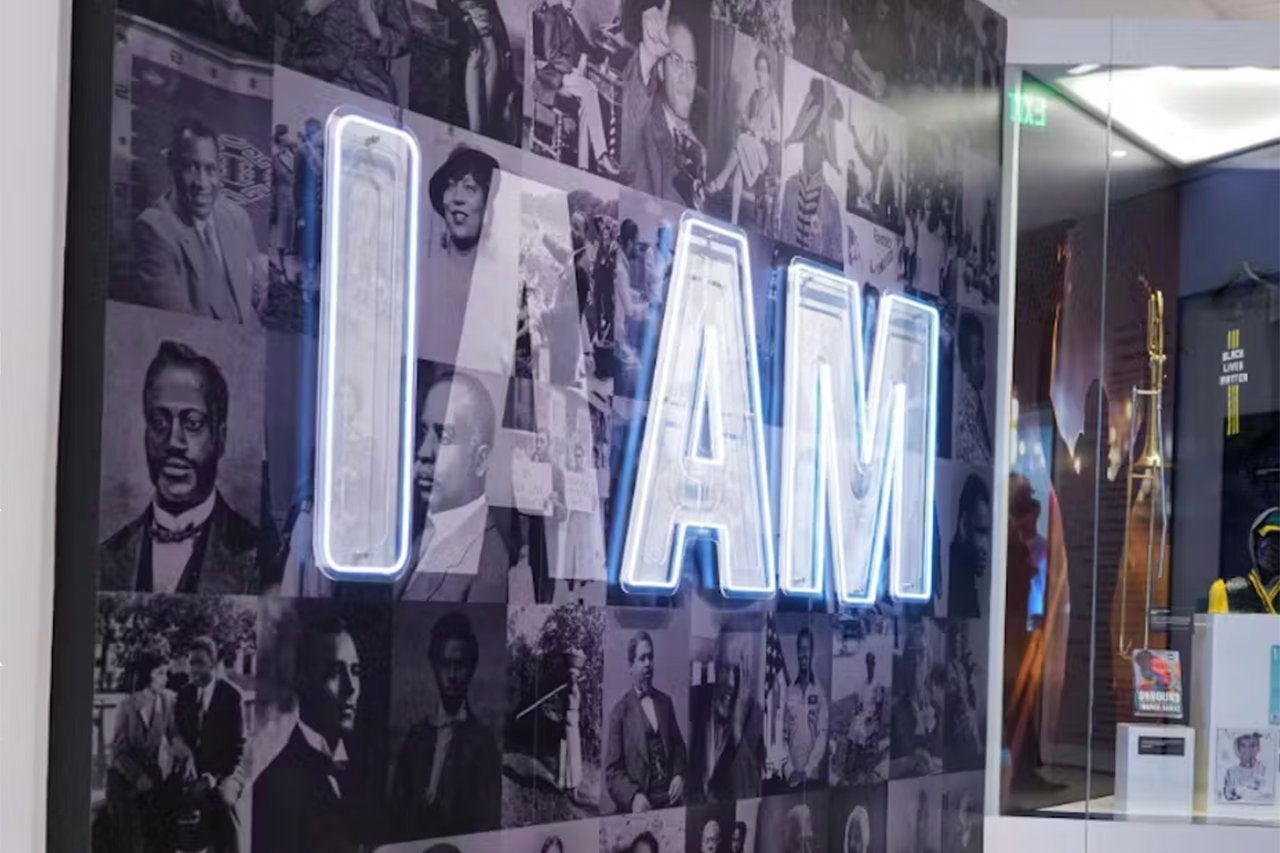Bernard Powers, professor emeritus of history and director of the College of Charleston’s Center for the Study of Slavery in Charleston, has published an article in The Conversation reflecting on the significance of the recent opening of the International African American Museum in Charleston, South Carolina.
Powers writes that the museum is needed because many people have a lack of knowledge concerning United States history. He cites a 2018 survey that revealed only 36% of people who were born in the U.S. knew enough basic American history and government to pass the citizenship test.
And Charleston, says Powers, sits at the epicenter of the country’s early history, having served as a main port for “human trafficking” before Congress ended the transatlantic slave trade in 1808.
“Almost half of the estimated 400,000 African people imported into what became the United States were brought to that Southern city,” writes Powers.
He says the museum’s educational goals are ambitious: “The museum’s mission is to honor the untold stories of the African American journey and, by virtue of its location and landscape design, pay reverence to the ground on which it sits.”
Read the complete article in The Conversation.




